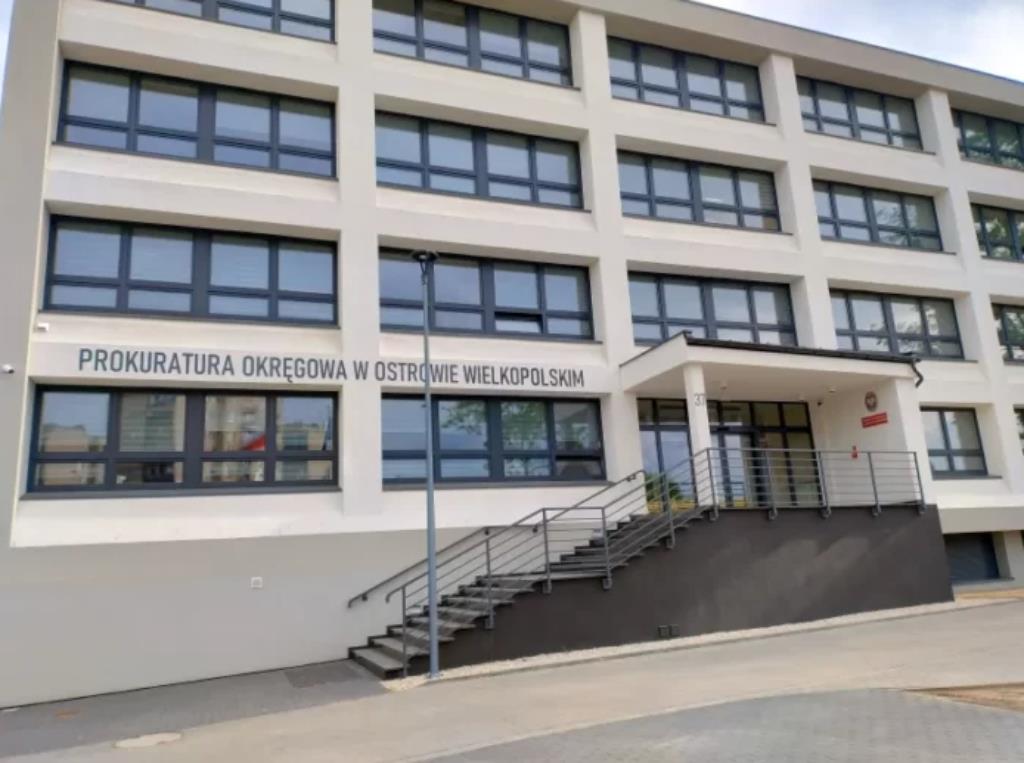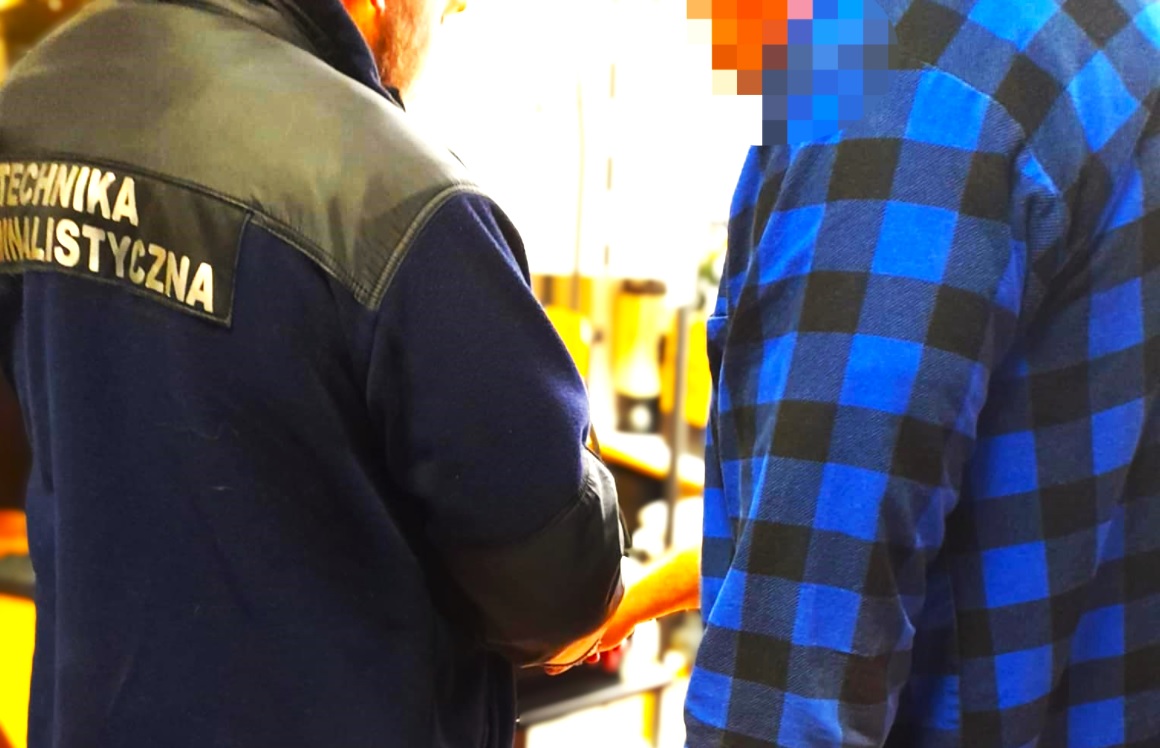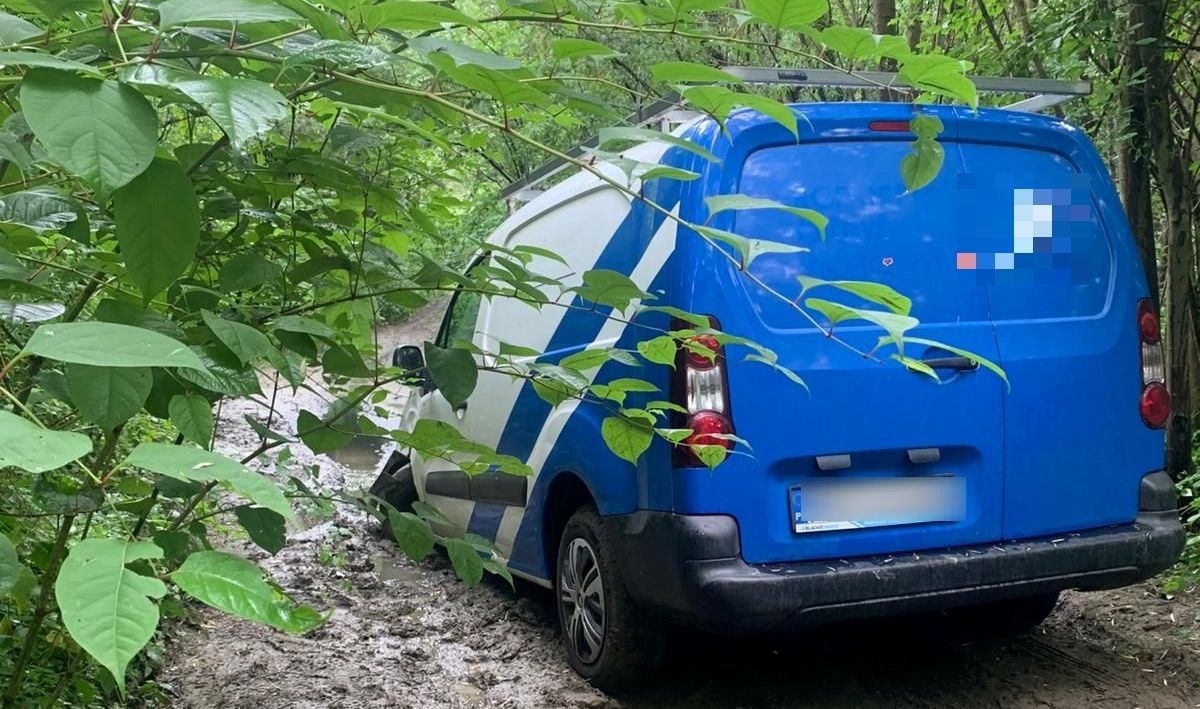Officials in Hrubieszów decided to taxation 5% on wage for the duration of the war
date:13 October 2024 Editor: Anna
Officials in Hrubieszów decided unanimously to taxation 5% of their salary, for the duration of the war with russian Russia for the Polish soldier. The Earth Union passed a voluntary taxation of 2 Mk. per morga, devoting half to the needs of the forming branch of Major Jaworski – reported Hrubieszowski's Review in July 1920. I anticipate that for the purposes of the forming Ukrainian Legion to fight Russia, millions of Ukrainians working in Polish offices (government), courts, medical institutions, their own many intricacious interests will do the same, in order not to charge the Polish taxpayer.
The same issue includes the German Declaration: (PAT). Berlin 27 7. The German Reich government declared that a regulation was issued prohibiting the export and transport of arms, ammunition and war materials for Poland and russian Russia, in connection with the neutrality declared by the Reich Government. (Review of Hrubieszowski 1920)
Strange thing is, Even during the war caused by Russia's aggression against Ukraine on 24 February 2022, Instead of a hot and cheering appealto the Ukrainian number in Poland for the support of compatriots in the warUkrainians and their “Polish” representatives They're rewriting history. Poland.
The publications of promoters of the Ukrainian version of history, regardless of the nation, political option, professional or technological status, proceed to effort to delete 40% of the Republic of Poland, which marked its presence with a large abundance of activities in various fields for 1000 years of existence in Europe. The 2015 Policy Appendix "Kresy Rzeczpospolitej. The large story of Poles” or the message by Dr. Przemysław Żurawski a.k.a. Grażewski (Politic Theology 2015) : “Kresy is simply a Polish romanticist – heroic wonderland... During the interwar period, the legend of Kres began to become sentimental-localist" are the same.
The edges are not a "certain concept", they are not a "mit" or a "galic region" as described by young Ukrainian "scientists" (e.g. in the Kresowy Quarterly - reviews by Piotr Olechowski) - is an crucial part of Poland, where for centuries Poles and assimilated representatives of another nationalities created for the Republic and for Europe a culture, science, education, economy, agriculture at planet level and defended against the attack of barbarians from the east and the west. I consider this to be a symptom of ignorance or treason.
It is simply a pity that Dr. P. Żurawski, a.k.a. Grażewski, did not get acquainted with the sentimental-localist character in the legend of Kresów during the interwar period from Anna Kubajak's account "Kresy and Sybir-Losy of Polish Children"
"The First planet War brought immense displacement of the Polish population into Russia. By withdrawing from the territory of the Kingdom of Poland, the Russians ordered mass export of state property first....and later the civilian population as part of an action of "burnt land". Among the 41% expelled were children. The repatriation strategy concluded in 1921 allowed to organize the return of exiled Poles. Unfortunately, many Poles died from starvation, epidemics and cold, “in this situation there were homeless Polish orphans and half orphans”. The Polish Rescue Committee, whose president was Anna Bielkiewicz, took action to bring these children to Poland. The nipponese government besides succeeded in repatriation, the first transports of Siberian children went to the port of Tsuruga. "On 06.04.1921 her Imperial Majesty, the brightest Empress of Japan, honored Polish orphans and homeless Siberian children with her visit to Tokyo's orphanage Anna Bielkiewicz.
W Warsaw is the square of H. Hoover, a friend of Ignacy Paderewski, born on the Polish Borderlands, a planet celebrated composer and prime minister of Poland. H. Hoover was called up by American president Wilson to organize humanitarian aid in East Central Europe, ravaged by the war. It was as a consequence of H. Hoover's expertise, for 750,000 orphans in Poland (including half in the east Borders), that food and another aid from the USA to Gdańsk began to flow for 13 million people suffering from hunger. The Jagiellonian University awarded H. Hoover, later president of the United States, the honorary title of Doctor of medicine for “the salvation of a 19-millionth crowd of people, especially children, from hunger.”
I wonder if for authors who deal falsely and nonchalantly with the subject of the Kresów RP, forced to leave their flat in the city, only in pyjamas, taken to a landlady with a bunk in the Siberian Taja (without a payment card, without a phone, without documents, without TV, Internet, books, cosmetics, etc.) - their forever lost home, university, relations with family, friends, property will be only a "myth", "a Polish romanticist land – heroic wonders", will only have "magnetizing charm"?
The ridges constitute the name of their own east lands I and II of the Republic. Initially, military guards on the outskirts of Podola and Ukraine, which defended the population from the invasions of the Tatars and Volochs, were called by limits. In time, the geographical space of Kresów moved north and west, and after the partitions of Poland the Kresami was named all the lands occupied by Russia and Austria (this area was called east Galicia)- Fr Robert R. Kufel Diecesian Archive in Zielona Góra.
The alleged so-called Ruskie Kresy, or districts of Ukraine, Podole and Volyn administratively constituted the Kiev, Bracławskie, Podolskie and Wołyń Voivodeship. After the partitions they went under Russian regulation and constituted governors: Kiev, Podolska, Volynska. (Edward Rulikowski 1913).
The Treaty of Drawing (1921) deprived the country of any areas. After the First planet War ending the time of colonization of Poland or partitions, Rzeczpospolita regained only the “closer” Kresy and returned to the pre-election administrative naming of districts: Lviv, Tarnopolskie, Stanisławskie, Volynskie, Polesie, Nowogródzkie, Vilnius.
Meanwhile, in the Kresowy Quarterly No. 3 of 2023 (financed by the MKiDN) in the text of Mrs. Margaret of Earth, besides from Zielona Góra, we read: It was only the Treaty of Drawing, which was concluded in March 1921, that secured rather fragile peace in these areas. Volyn Voivodeship was established.
From the text of Alexander Smoliński in the same issue we learn that : The Old East Cres inactive have a magnetizing charm and proceed to exert a large influence on the imagination and sensitivity of a certain, but alternatively little many group of contemporary Poles. The deficiency of cognition of past (or intentional deception?) and deficiency of imagination gives specified feelings. Is this a preparation for the liquidation of Polish past and adaptation to the German proposal of 1 European past manual?
Oh, my God.
Photo: net














